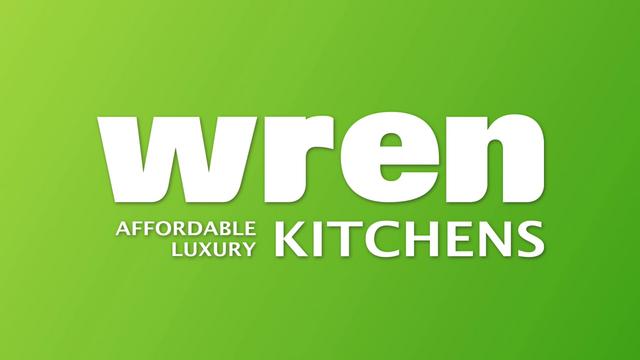There is virtually no industry that is immune from a recession, internal and external pressures, competition or other market forces and whilst there is much debate and in-fighting in the KBB (Kitchen, Bedroom, Bathroom) industry at present, particularly about the rise of the internet, manufacturers supplying direct to consumers, and the imports from Germany, there is a cancer in the trade that isn’t doing anyone any favours, yet gets less attention.
That cancer is the rise of the Phoenix.
For those not too familiar with the term, put simply, a Phoenix could be considered a rogue trader that abuses the limited liability protection afforded to company owner/directors and doesn’t run a KBB business as a going concern, looking for long term growth and profit but instead seeks to extract as much goodwill and short term business as possible, giving the illusion of a long standing and successful company (with numerous years of trading history), until the inevitable happens, and the patience of creditors and customers runs out and then the company is put into liquidation, and the very next day, (and usually with the same or similar company name with a slight amendment) a new limited liability company resumes trade, as if nothing happened.
However, creditors are left holding the bag, and many customers will lose out be it in the form of lost deposits or half finished kitchens.
How are Phoenix businesses legal?
Technically they aren’t but to deliberately run up business debts with little to no intention of paying suppliers isn’t technically a criminal offence as say fraud or theft, and whilst some may argue that the means and end result are not really much different, it’s the high burden of proof under criminal law and the aforementioned limited liability status loophole that serial Phoenix business owners exploit in order to claim that whilst they had the best of intentions of making a go of the business, external forces meant that they couldn’t succeed, and they had little choice but to liquidate the business and start anew.
Phoenix businesses bad for KBB industry reputation
In an already fiercely competitive industry such a cancer undermines UK consumers trust in the industry and devalues the industry as a whole and whilst many businesses do genuinely go out of business for circumstances beyond their control, such as during the latest recession, and perhaps do start up again and make a success of things, the profile of the Phoenix business owner is more than just one business failure, and it’s the repeat nature of serial Phoenix offenders that are doing the real damage.
The real damage of a serial Phoenix
When repeat Phoenix offenders are allowed to continue in that they repeat the process every 24 months or so, is this good for anyone other than the Phoenix owner?
The taxpayer loses out threefold from lost National Insurance contributions, VAT, and business rates from the liquidated business and further taxpayer losses are also incurred if employees are not taken over by the new (Phoenix) business through unemployment benefits.
But the wider issues are far reaching. Phoenix businesses don’t repay their creditors and so supplying KBB businesses have to write off their losses which will likely have to be absorbed by the other (non Phoenix) businesses and the end consumer but the bigger picture is that if the Phoenix business owner does this every 24 months or so, and writing off 10,20,30 or perhaps even 50% of their costs, how does this help the businesses who don’t want to join the Phoenix bandwagon and try and stay afloat as a going concern, rather than become a fly-by-night?
Misleading Claims
The cloak of deceit that many Phoenix businesses hide behind is that they don’t show their company number or registered office address (which is often not the one on their website), or anything that indicates the fact that they have only been trading less than 12 or 24 months and misleading claims such as “ABC kitchens have more than 30 years experience” only serve to confuse the end consumer if all indications as to the true history of the business are concealed.
Abuses of the Phoenix well documented
During a Parliamentary debate on the issue of Confidence in the Insolvency Regime and Pre-pack administrations, it was noted that the current legislation is open to abuse; “There is controversy over the balance between the benefits and the drawbacks of pre-packs, including their susceptibility to abuse.”
John Moulton, the head of a private equity firm, Alchemy Partners, is also reported as saying "Pre-packs could be very easily abused. Bad management can plan for a pre-pack months in advance, line up an administrator — and then be back running the business immediately."
When you consider that the same House of Commons debate discussed evidence that “unsecured creditors fare worse during a pre-pack, recovering 1% of their debts”, then you have to concede that supplying businesses, the taxpayer and the consumer buying a kitchen, or bedroom or bathroom product will lose £99 for every £100 spent with a company that’s about to become a Phoenix.
And if this is the case, shouldn’t the conduct of company directors be more scrutinised to stop repeat offenders and put confidence back in the UK KBB sector, both for consumers and for businesses that supply to the KBB sector?








